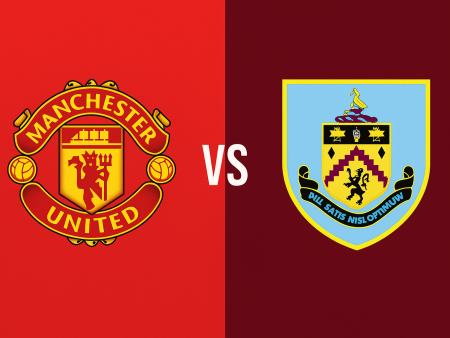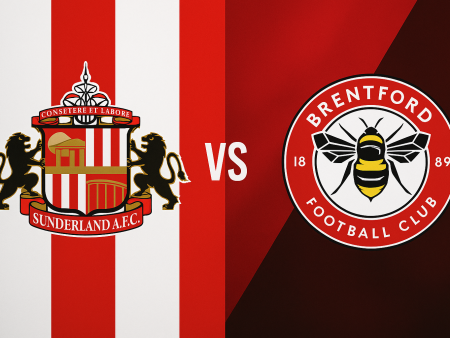Paulo Fonseca and Tottenham: What Spurs Supporters Should Expect from His Tactical Approach
After months of speculation surrounding the next Tottenham Hotspur manager, Paulo Fonseca has emerged as a serious contender. With his recent departure from AS Roma and his replacement there by the former Spurs boss, Jose Mourinho, all eyes are on Daniel Levy and the Spurs board as they weigh this potential appointment. This comprehensive analysis explores what Fonseca could contribute to Tottenham, focusing on his tactical philosophy, strengths, and possible challenges for the club.
Tactical Flexibility: Adaptable Formations and Possession Principles
During his tenure at Roma, Fonseca demonstrated a clear willingness to adapt his tactics based on his squad’s strengths and the demands of each match. He frequently employed both the 4-2-3-1 and 3-4-2-1 formations—the same systems favored by former Spurs managers such as Pochettino and Mourinho. Fonseca’s tactical fluidity was evident in how these set-ups transitioned depending on the phase of play; for example, a central midfielder would often drop between the center-backs to facilitate ball progression, effectively morphing a back four into a back three during possession.
This system supports an approach where building from the back is central, using a “diamond” structure with the goalkeeper and defenders. Such a tactic could unlock the passing range and deep playmaking abilities of players like Pierre-Emile Højbjerg, and give experienced center-backs such as Toby Alderweireld new opportunities to influence play with their distribution.
Crucially, Fonseca’s adaptable style is likely to be well received by Spurs fans weary of the rigid and often defensive approach that characterized much of Mourinho’s reign. By empowering players with defined roles in a flexible system, Fonseca could revitalize the squad’s belief and provide a much-needed sense of tactical clarity.
Fonseca’s Game Model: Balanced Football with Modern Elements
Paulo Fonseca’s methodology is built around modern principles—structured buildup, dynamic wing play, and multi-dimensional attacking. While not as strictly regimented as the systems employed by managers like Antonio Conte, Fonseca ensures that each player in his squad understands their role. His teams are typically well-drilled, but also versatile enough to adapt formation and style without sacrificing overall identity.
At Roma, Fonseca engineered intentional build-up phases with high, adventurous wing-backs, inverted wingers, and central midfielders encouraged to contribute in advanced areas. Notable positional switches—such as moving Bryan Cristante into a sweeping defender role or deploying Lorenzo Pellegrini in more attacking positions—demonstrated a commitment to optimizing player strengths for collective benefit.
Team Productivity and Attacking Spread
Under Fonseca’s leadership, Roma’s offensive system emphasized collective involvement rather than dependence on a single goal threat. In the Serie A 2020/21 season, Roma matched Tottenham’s tally of 68 league goals, but their scoring contributions were more distributed:
- Their leading scorer, Henrikh Mkhitaryan, struck 13 times.
- Seven different Roma players netted at least three goals in the league.
- By contrast, only three Spurs players reached the same mark.
This approach could benefit Tottenham by decreasing over-reliance on star forwards like Harry Kane and Son Heung-min, while encouraging greater attacking output across the team.
Track Record of Success
Fonseca brings a proven pedigree with silverware from his managerial endeavors in both Portugal and Ukraine. Highlights of his resume include:
- Winning three consecutive doubles with Shakhtar Donetsk, contributing to seven trophies during his tenure there.
- Maintaining a 74% win percentage with the Ukrainian giants.
- Leading Braga in Portugal to a domestic cup triumph.
- Guiding Roma to a UEFA Europa League semi-final.
Given Tottenham’s ambitions and recent drought in terms of trophies, Fonseca’s ability to deliver results should be a significant part of his appeal.
Entertaining Football: Attack as a Priority—But Defensive Risks Remain
Fonseca is best known for his attack-minded philosophy and commitment to possession-based play. For Spurs fans, long frustrated by pragmatic or negative football, the promise of more expansive, entertaining matches is a major draw. Fonseca’s tactical framework encourages midfielders to join attacks, full-backs to advance, and wide players to exploit spaces inside and outside.
However, there is a notable caveat: while his system promotes attacking freedom, Fonseca’s teams have at times struggled to maintain defensive solidity. During his final campaign at Roma, the club conceded 58 goals in the Italian top flight—ranking in the lower half defensively despite a top-half finish. Tottenham themselves allowed too many goals last season, revealing ongoing issues with defensive errors and structural consistency.
Although Fonseca can deliver the entertainment and attacking football many crave, stability at the back may remain elusive unless addressed through recruitment or tactical recalibration. Some observers suggest that, for Spurs to truly progress, the next manager should focus foremost on organization and defensive improvement.
Potential and Challenges for Tottenham Hotspur
With Paolo Fonseca, Tottenham could expect:
- An adaptable coach with the vision to shift formations and tactics based on the evolving demands of the Premier League.
- A more inclusive, collective attacking approach that spreads responsibility across the squad.
- Development and optimization of individual player skills within a well-defined tactical framework.
- A history of winning and experience in high-pressure environments.
Nevertheless, areas for concern include:
- Ongoing questions around defensive structure and resilience, particularly given the Premier League’s intensity.
- The need to quickly establish authority and connection with a squad in transition, under the weight of significant expectations.
Conclusion: An Intriguing Appointment for Spurs’ Next Chapter
Paulo Fonseca’s potential arrival at Tottenham Hotspur represents an intriguing opportunity. While not the initial favorite for the role, Fonseca offers a tactical vision that encourages flexible play, team-wide involvement, and a brand of football likely to excite supporters. However, any success will depend on his ability to strengthen the defensive unit and meet the unique challenges of English football. Should Tottenham opt for Fonseca, fans can anticipate a blend of modern tactical thinking, entertaining play, and the hope of silverware—elements that could help usher in a new era at the club.









